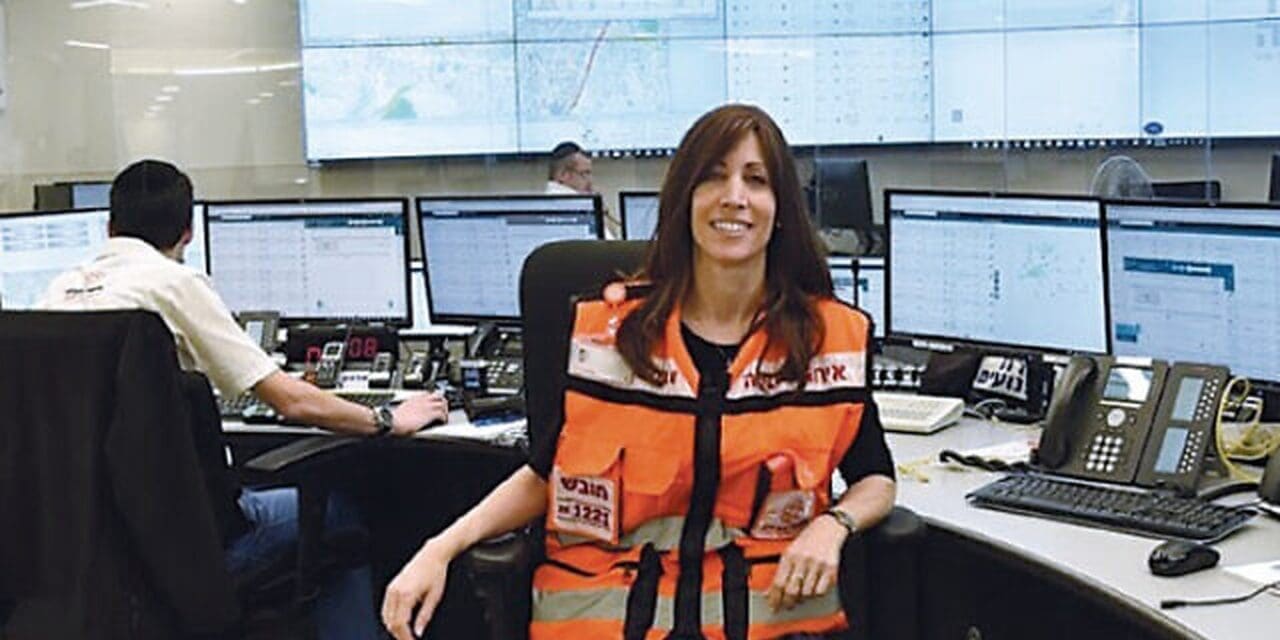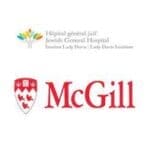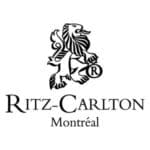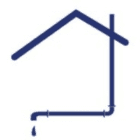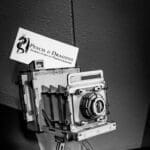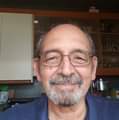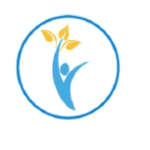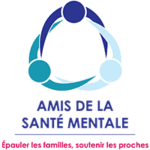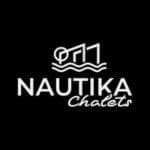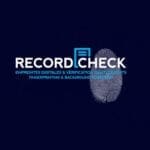Israel-U.S. Collaboration Creates International Mental Health Service For First Responders and Health Workers Suffering From Covid-19 Related Stress Injuries
Jerusalem, July 13th, 2020 – Anesthesiologist Dr. Ram Roth who works out of Mt. Sinai Hospital in Manhattan, has teamed up with Dr. Sharon Slater, a clinical psychologist and member of United Hatzalah’s (UH) Psychotrauma Crisis and Response Unit (PCRU) in Israel, to create an innovative mental health resource for first responders in New Jersey and Florida.
The new program, termed Corona Care Israel, is a free, anonymous, 24/7 mental health service that provides critical relief to first responders and health care workers suffering from the mental health stress of Covid-19. The program pairs psychologists and therapists who are part of the PCRU in Israel with frontline workers in the states for a completely anonymous and free session.
Dr. Roth came up with the idea after one-third of his patients died in a single shift. He needed to identify a dependable, accessible, and effective mental health resource for himself and his staff. Doctors, nurses, paramedics, EMTs, police officers, and firefighters, all work long and demanding shifts. They are regularly exposed to heartbreaking events. With the added stress of Covid-19, the jobs of these professionals have taken on an extra burden that for many can be difficult to deal with.
Dr. Roth reached out to Dr. Sharon Slater and, utilizing her expertise and the expertise of UH, Israel’s largest fully volunteer emergency medical service organization, they created Corona Care Israel in order to offer a free, anonymous, 24/7 mental health service for their fellow first responders and health care workers. Currently, the service is available in New Jersey and Florida, and the organization is looking to expand to other states as needed. Sessions are available in both Spanish and English.
Dr. Slater explained the reasoning behind the initiative. “While medical professionals are in need of mental health services, there are many challenges with actually getting and finding the required help. Doctors, first responders, and nurses are sometimes hesitant to reach out for mental health services because it feels weak to do so. They are expected to deal with the tragedies of death and physical trauma without flinching. COVID-19 has compounded their usual high-stress work environment, leaving them without healthy coping mechanisms.”
Shary Staum, a psychologist based in New York and a UH volunteer who is spreading the word about the project to health care workers and first responders in the U.S. said, “Those who need psychological services sometimes don’t even know they need it. While mental trauma can physically manifest in the form of restless sleep, rashes, or skin reactions, many workers do not recognize these symptoms as a consequence of their psychological and emotional trauma.”
Dr. Slater noted that “frontline workers are extremely worried about confidentiality and anonymity and they may not feel comfortable contacting the system within their organization. Fears of colleagues and bosses finding out, having it made permanent in their records, and possibly affecting a future promotion, has been deeply cemented in the minds of many medical professionals and first responders. That’s why confidentiality is key for us. We never ask for any identifying details of the person requesting our help. All they have to do is scan a QR code, send us a name and the first initial of their last name and an email address or phone number, and we send them a link to a private online session that will be held between them and the therapist. Our services are available in English, Spanish, and Hebrew, and participants can request whatever language makes them feel more comfortable.”
Miriam Tennenbaum, the New Jersey regional director of UH explained that “What sets this service apart from other mental health hotlines or online services is that the people involved in Corona Care Israel, have specialized experience in dealing with mental health issues associated with first responders and health care workers. We have an organization of over 6,000 first responders in Israel, EMTs, paramedics, and doctors, many of whom have used these services. Additionally, UH’s PCRU has specialized experience stemming from its involvement in various international disaster relief efforts, including the Tree of Life shooting in Pittsburg, Hurricane Harvey, Hurricane Irma, the Ebola outbreak in Liberia, and more. Additionally, the unit has crucial experience with violence and terror attacks in Israel.”
Corona Care Israel appointments, by video or voice call, are available 24/7 through an anonymous signup link at www.bit.ly/UHCoronaCare.
Corona Care Israel offers participants a maximum of three sessions, each approximately 30 minutes or less. During these sessions, the psychologist or therapist who works with the participant will teach them skills and techniques that are aimed to help them stabilize emotionally.”
“Stress, burnout, and a great sense of being alone are common among these professionals. They’re wrapped in PPE and can’t communicate easily with other members of the staff or with their patients, and many are staying apart from their spouses and children,” she noted.
Dr. Roth said “I recommended it to everyone around me and I hope they use it. It’s about listening, affirming feelings, and helping us identify what we can control.”
Dr. Slater added that “Corona Care Israel is a microcosm of the national and international collaborative efforts it will take to overcome COVID-19”.
Raphael PochSpokesperson for United HatzalahRaphaelp@israelrescue.orgpochraphael@gmail.com052-689-7624Follow us on Twitter: @UnitedHatzalahand Facebook: https://www.facebook.com/UnitedHatzalahofIsrael


